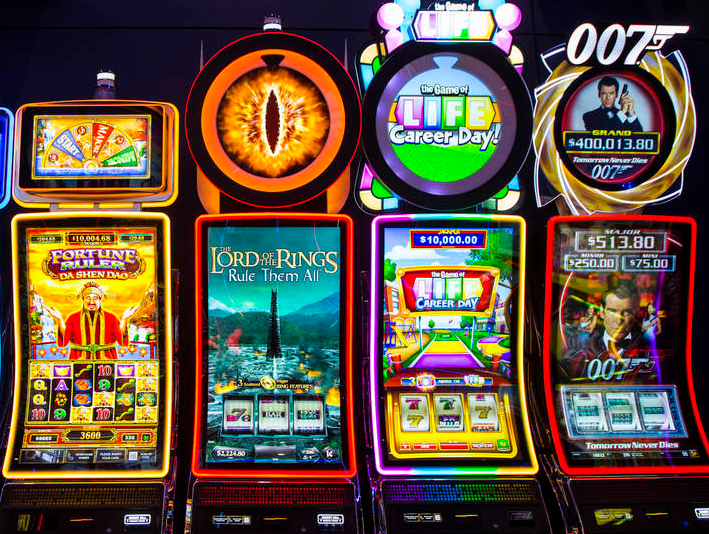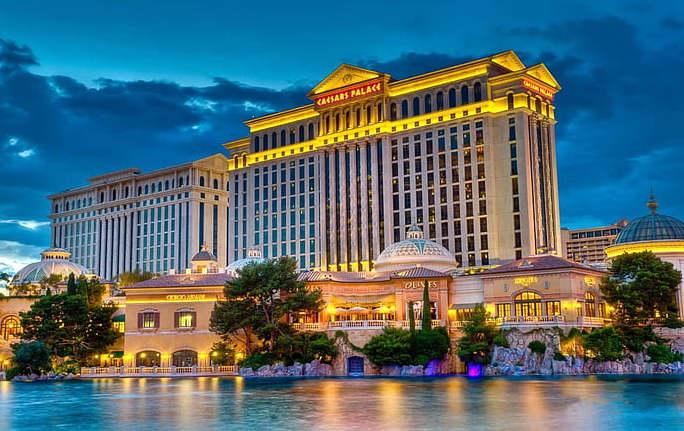Macau will hold its cap of 50 junket licenses steady into 2026, sticking with tighter oversight even as the once-powerful sector struggles to regain ground. The decision reflects both a shift in policy and a changed industry landscape, where fewer players hold sway.
The city’s gaming regulator, the Gaming Inspection and Coordination Bureau (DICJ), confirmed the move this week, following a reaffirmation by Secretary for Economy and Finance Tai Kin Ip. It’s a continuation of a policy rolled out after Macau’s new gaming law took effect in 2022 — a law that marked the end of an era for junket-fuelled casino revenue.
A Cap That’s More Symbolic Than Restrictive
The ceiling might say 50, but only 29 junket operators are currently in business.
That’s a far cry from the golden days of 2014, when 235 junket promoters crowded the industry. Back then, they weren’t just part of the game — they were the game, feeding high-rollers into VIP rooms and driving 60% of all casino takings.
Now? Not so much.
Operators have dwindled in number since Beijing’s anti-corruption clampdowns and the high-profile collapses of industry giants like Suncity. Even with the license space available, most of the junket sector has withered, either shuttering or shifting into other revenue streams.

Regulatory Calm After a Stormy Decade
The move to maintain the license cap offers no surprises. It’s a signal — the government isn’t interested in reopening the floodgates.
The current licensing policy took shape after Macau’s revamped gaming framework passed in 2022. That law handed more power to the regulator, imposed stricter vetting for junkets, and required clearer financial disclosures. The new rules were designed to curtail junket-led risks and rein in loosely monitored cash flows.
This tighter grip appears to have cooled the sector considerably.
-
In 2021: There were still around 85 licensed junkets.
-
By early 2024: That number dropped to 18.
-
As of May 2025: Only 29 junkets were active, using just 58% of the available licenses.
One industry insider described the cap as “more of a ceiling than a target.”
Shifting Sands: Junkets Lose Relevance in New Macau
The role junkets play today is nowhere near what it once was.
With direct casino marketing gaining traction and mass-market gaming outperforming VIP revenue, operators now look beyond high-stakes mainland punters. A greater focus is being placed on family tourists, regional gamblers, and non-gaming attractions like concerts, food festivals, and high-end retail.
It’s a slow but deliberate pivot.
The six main casino concessionaires — Sands China, Galaxy, Wynn, Melco, SJM, and MGM — have all tilted away from reliance on junket intermediaries. Most have integrated loyalty programmes, customer analytics, and direct relationships with high-value customers, cutting out the middlemen.
Here’s how the trend has evolved:
| Year | Junket Operators | Junket Share of Casino Revenue |
|---|---|---|
| 2014 | 235 | ~60% |
| 2019 | 100 | ~40% |
| 2023 | 36 | ~20% |
| May 2025 | 29 | ~15% |
For a city rebranding itself as more than just Asia’s Vegas, the change is both strategic and necessary.
Will Macau Ever See a Junket Revival?
The honest answer? Not likely. At least, not in the old sense of the term.
Since 2021, Beijing’s pressure to tighten money flows out of the mainland has made cross-border VIP gaming far riskier — legally and financially. And after the arrests of junket executives on illegal gambling and money laundering charges, confidence never fully recovered.
Macau’s tighter framework now demands junkets operate only with a single casino partner, drastically reducing their reach. Gone are the days of sweeping, cross-casino junket networks.
One former operator summed it up bluntly: “The model’s broken. It’s not coming back.”
What’s Left for the Remaining Players?
The 29 junkets still operating are mostly survivors — leaner, quieter, and often tied closely to a single gaming concession.
Some serve niche clientele. Others focus on cross-border entertainment, lifestyle packages, or property-linked investment perks. But the days of flying planeloads of VIPs to baccarat tables appear done.
Here’s what today’s junkets are doing differently:
-
Fewer credit-based transactions to avoid compliance risks
-
Partnerships with travel firms rather than full-on casino hosting
-
Investment in entertainment and dining to appeal to broader groups
It’s a matter of survival now. No one’s aiming to dominate — they’re aiming to stay afloat.








